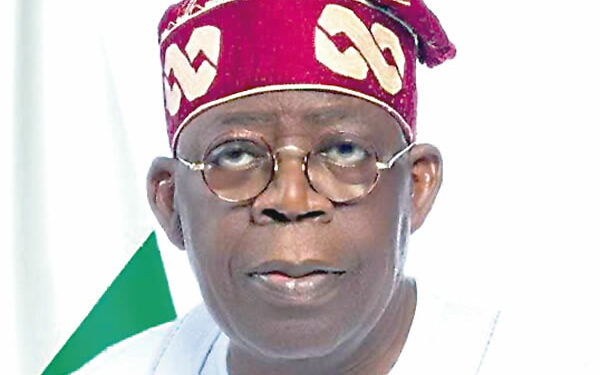The call for constitutional reform in Nigeria is gaining momentum, with varying perspectives on whether to pursue a new constitution or implement the 2014 National Constitutional Conference (Confab) report.
The Patriots’ Proposal
A group of eminent persons known as The Patriots has urged President Bola Tinubu to introduce a bill for a new constitution reflecting Nigerians’ collective will. They propose forming a National Constituent Assembly, elected on a non-political basis, to draft this constitution, which would then be subject to a national referendum. However, President Tinubu has prioritized economic reforms and has promised to consider constitutional reform once economic stability is achieved.
Support for the 2014 Confab Report
Several groups and individuals argue for adopting the 2014 Confab report, citing flaws in the current 1999 Constitution:
- PANDEF and CENTREP: They criticize the 1999 Constitution for its centralization of power and lack of true federalism. They argue that the constitution’s flaws are foundational to Nigeria’s problems and support implementing the 2014 Confab recommendations to address these issues.
- Ohanaeze Ndigbo: While supporting the idea of a new constitution, Ohanaeze suggests that implementing the 2014 Confab report could address the country’s diverse challenges more effectively without creating a new assembly.
- Chekwas Okorie and Yagbagi Sani: Both argue against the creation of a new constituent assembly, emphasizing the high cost and potential delays. Okorie suggests focusing on implementing the 2014 Confab report, while Sani believes the current constitution’s problems are due to its implementation rather than its content.
Diverse Opinions
- Prof. James Aduba: Advocates for devolution of power and minor amendments to the 1999 Constitution, criticizing the need for a completely new constitution.
- Olabode George: Calls for revisiting the 2014 Confab report rather than starting afresh. He argues that the existing report already contains comprehensive recommendations for reform.
- Jibrin S Jibrin: Emphasizes that the issue is more about the faithful implementation of existing laws rather than creating a new constitution. He points out that systemic issues and leadership attitudes are major obstacles.
- Dr. Samson Osagie: Believes that the primary issue is not the constitution itself but the adherence to and enforcement of laws.
Conclusion
The debate reflects deep divisions on how best to address Nigeria’s constitutional challenges. While some advocate for a fresh start with a new constitution, others argue that leveraging existing frameworks and focusing on proper implementation could be more pragmatic and cost-effective.
